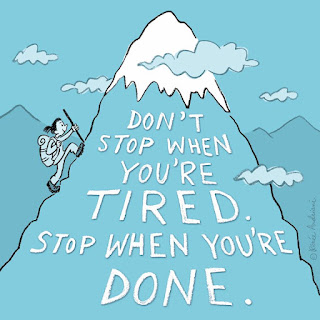Archaeology experience
 |
| Aerial view of Tel Michal looking west to the Mediterranean |
In 1979, a year after completing my mission, I spent a summer with a BYU archaeological expedition in Israel. It was a fascinating time, filled with heady young scholarship, adventurous experiences, and spiritual discovery. We worked under the direction of Tel Aviv University experts, along with students from several major US universities and one from Australia.
As an eager young college student, I was absolutely fascinated by the science of archaeology. The site we were excavating, called Tel Michal, was relatively small, just a few hills and some surrounding area; but the setting was spectacular and strategic (right on the Mediterranean coast, between larger ancient cities of Jaffa and Caesarea). Excavations would eventually reveal 17 distinct layers of civilization dating back to about 1800 BCE. Each civilization over the centuries would either abandon the site, or have it destroyed by natural forces or enemy attack. The remains of the buildings would fill in with sand or be plundered; and then some time later, the next group would typically build on top of the previous one. Uncovering and studying each distinct layer was the puzzle to decipher: When did it start? How did the people live? What did they leave behind? When and why did they abandon the site?
Much of the work of excavation is painstakingly slow. It's critical to disturb things as little as possible as you uncover them, because sometimes just the position of items, even broken items or toppled walls, is critical to understanding their usage or their history. You have to meticulously document everything as you remove it, including every fragment of clay pottery or shaped stone. Even the dirt is analyzed for content of clay or ash or other materials.
I was always especially fascinated to ponder the lifestyle of the people who lived there - the conditions that must have existed at various times in the past. How different their lives were from mine! And then I wonder what some future generation, analyzing the past, will think of our day. What evidence are we leaving behind? What legacy do we pass on to future generations? How will they understand our life, our time, our society? What will they think of the world we passed on to them? Are we providing some way to share with them, especially our own direct descendants, what is most important to us?
I #GiveThanks for the adventures of youth and the wonderful opportunities I had as a BYU student. It was a remarkable time of life. I didn't pursue a career in archaeology, but I've never lost my interest in it.
 |
| View from the sea, showing the trench on the western slope |
 |
| Excavation done in grids for tracking purposes |
 |
| Remains of a kiln or oven |



Comments
Post a Comment